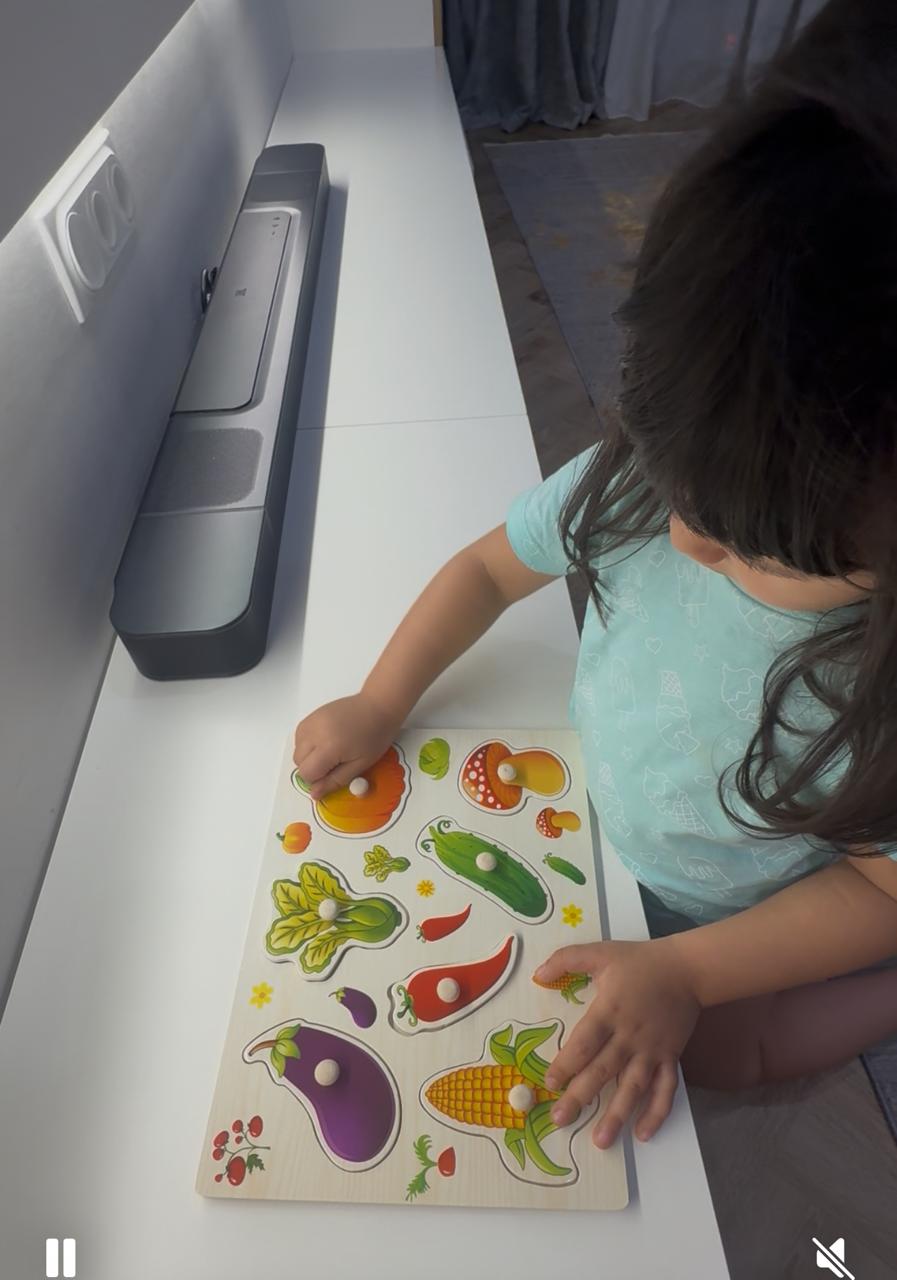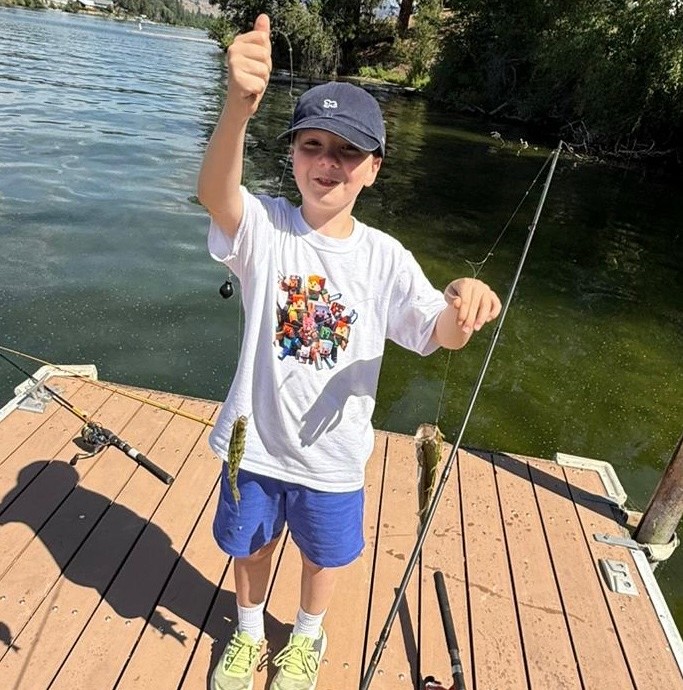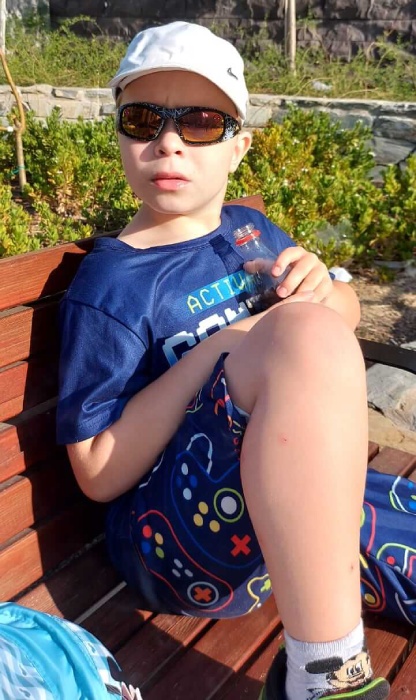How to Learn to Understand Your Autistic Child
In Eastern European countries, especially in the post-Soviet space, the approach to raising children with autism and ASD is often the same as raising ordinary children, which leads to a deep conflict. While parents may instinctively learn to understand their autistic children and look for approaches to communicate with them, close relatives and others may be confused about how to interact with a child who does not respond to speech, does not ask reciprocal questions, refuses to try new things, dislikes the presence of strangers, etc.
In developed countries, children with autism and their challenges are not ignored. You can find special signs on cars and even on private homes stating that there is an autistic child here. This is the correct approach because you should not close off or ignore the autistic person and their spectrum of disorders, but rather, seek to understand and find the right approach. We give advice to parents on how to build trusting relationships with an autistic child and how to interpret the relationship between the autistic person and their parents.
What Does an Autistic Child Think of You? Don’t Make Assumptions About Their Emotions and Feelings
We are used to recognizing others’ emotions by observing their faces and gestures. However, this approach does not work with children with autism. Autistic children may not talk or speak very little, and what they say can be difficult to understand. Additionally, they may appear completely calm on the outside, even when experiencing intense emotions. Their facial expressions and behavior can differ significantly from that of a neurotypical child. Therefore, avoid jumping to conclusions about the child’s reaction, as it could be wrong.
“The Ball Is in Your Court” or the Importance of Taking Initiative in Communication with an Autistic Person
While a neurotypical child constantly needs parental attention and interest in their games and activities, sometimes even demanding to play with them, the situation is fundamentally different with an autistic child. They do not take the initiative to communicate even with their own parents. This does not mean they do not want to spend time with their parents, but rather that they do not know how to. Therefore, during any free moment, take the initiative to communicate and offer games that are suitable for their understanding.
Track Your Child’s Interests
When raising children, parents often unconsciously try to impose their own interests on them. For example, buying dolls for a girl who only plays with building blocks, or cars for a boy who is content to draw with a pencil all day. To avoid disappointment, track and support your autistic child’s interests. Everyone has them! Autistic children are very persistent in defending their hobbies and do not want to switch to something new. And that’s fine—just track and support what your child loves.
Look for Unconventional Approaches
Some parents, in an attempt to reduce signs of ASD in their children, try to enroll them in group activities like team sports or group dance classes. However, this is fundamentally wrong, because autistic children are strong individualists who will thrive in unique environments. For example, visiting an art museum, taking music lessons at home, or listening to audiobooks. You will see what calms the child, what they are drawn to, and even ask to repeat a similar experience in their own way.
Patience and More Patience
It is well-known that children with autism do not like changes. To introduce changes into an autistic child’s routine, a lot of time and effort is needed. But this does not mean that your life should lack change. It simply means that you need to be far more patient than the parents of neurotypical children. When involving the child in something new (a game, writing, reading, or helping at home), remember that you should start small, and each day continue to take small steps toward your goal.
Try Stem Cell Therapy for Autism
Stem cell transplantation for autism is currently an advanced method of correcting autism, allowing significant improvements in the life of a child with autism. Stem cells have the ability to adapt and replicate any tissue in the body. When it comes to neuron damage in the brain, stem cells take on their role and initiate the process of recreating new neural connections that are responsible for speech, cognitive functions, openness, etc.
You can learn more about stem cell therapy from specialists at the Mardaleishvili Clinic (Georgia)
Autism Treatment Center Videos
Autism treatment with own stem cells
Cord blood association congress
International Quality Crown
Autism Treatment Reviews
Autism treatment with own stem cells
The story of Alessandro (6 years old)
Autism Patient Testimonial - Stem Cell Treatment
Clients Testimonials

Anna – Sasha’s mother Read More

Amirkhon’s father — Tokhir Read More

Dilana’s mother Read More

Irina and Stefan – Ilya’s parents Read More

Kristina – mother of Nelly and Nik Read More












